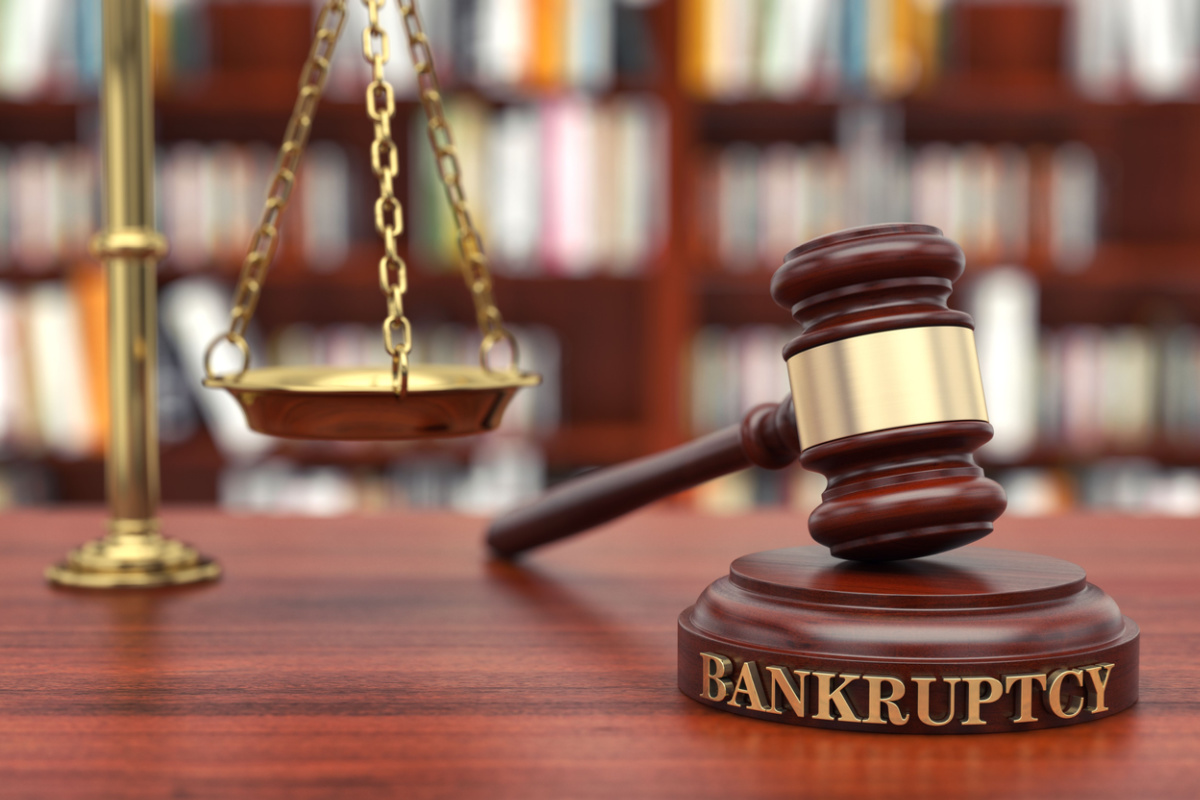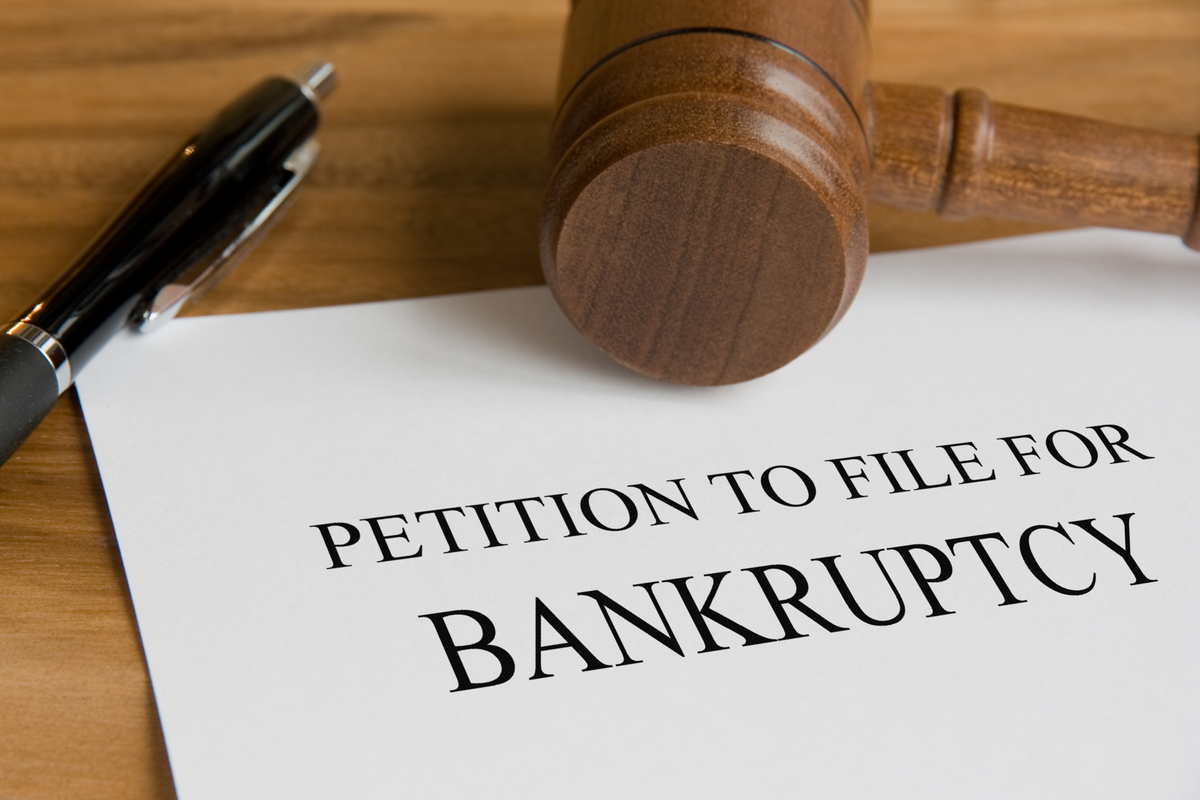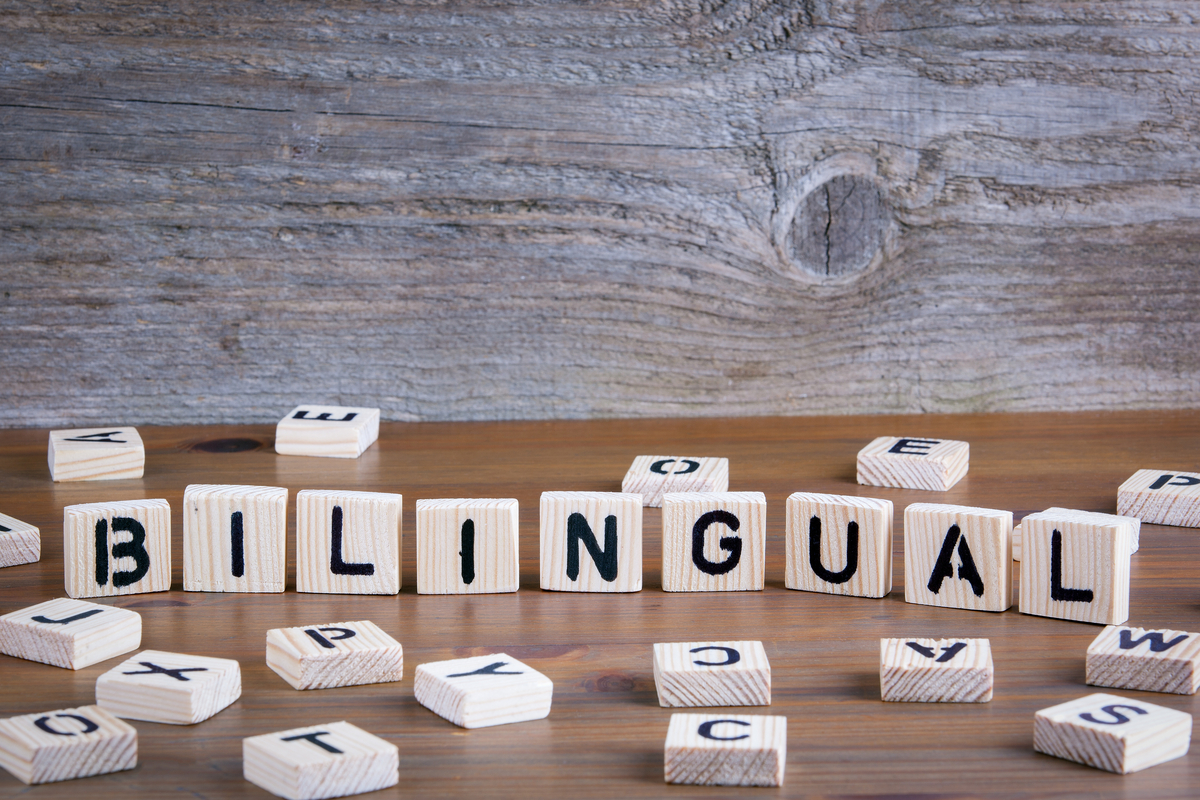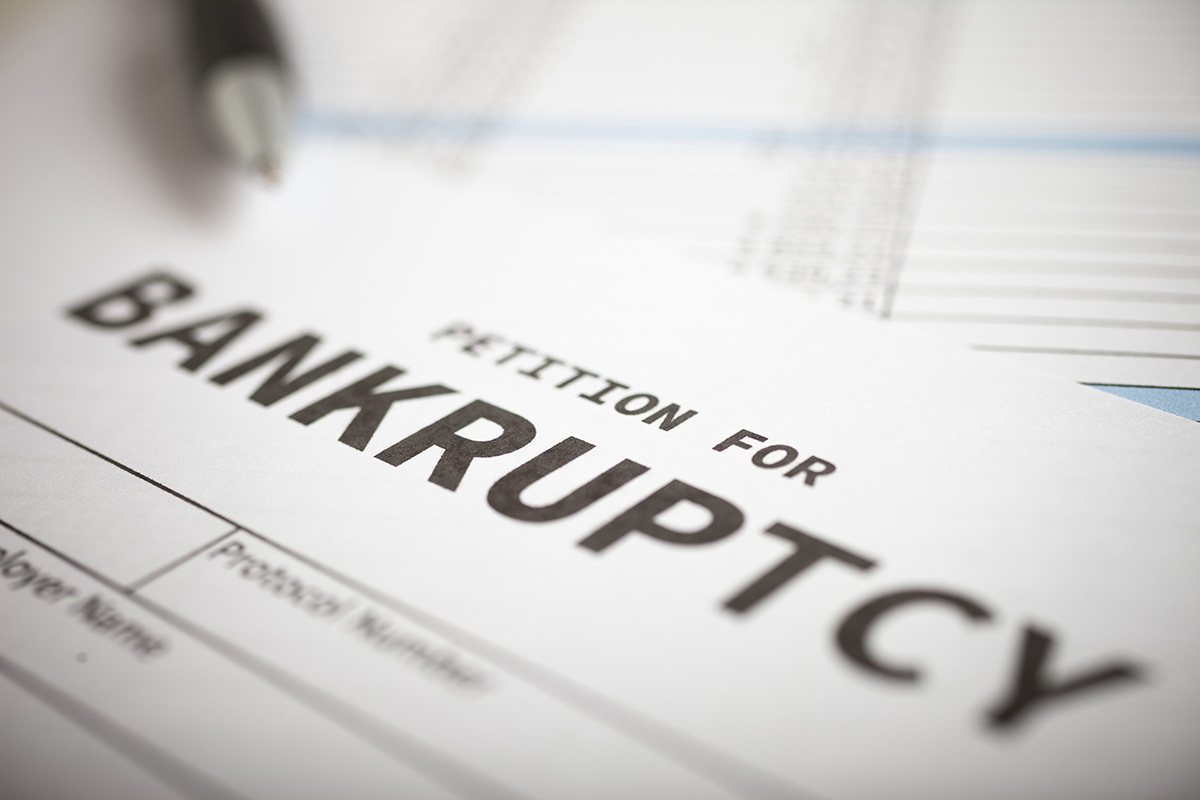The Pros and Cons of Filing for Bankruptcy: A Louisiana Perspective
In 2021, the American Bankruptcy Institute reported 1613 bankruptcy cases in Louisiana. Individuals who decide to file bankruptcy may be doing so for one of these common reasons:
- Loss of income
- Medical debt
- Home foreclosure
- Credit card debt
- Supporting family or friends financially
Embarking on the path of understanding bankruptcy requires acknowledging its unique nature in different states. In Louisiana, bankruptcy laws have their distinct features and implications. Bankruptcy isn’t just about waving a white flag; it’s a complex legal process with significant financial and personal effects. It offers avenues for individuals and businesses overwhelmed by debt to potentially start anew or restructure their obligations. However, it’s not a decision to be taken lightly.
Pro #1: Instant Relief from Creditors Through Automatic Stay
When filing for bankruptcy, one immediate benefit that arises is the “automatic stay.” It’s a temporary injunction that halts actions by creditors, collection agencies, and government entities to recover debts. Imagine having a pressing pause button on all debt collections, repossessions, foreclosures, or wage garnishments. Sounds like a sigh of relief, doesn’t it? That’s what automatic stay offers. Especially in Louisiana, where debt struggles can be high, this offers breathing room to those under the stress of unending debt demands. However, remember that the relief is temporary and doesn’t erase the debt. It’s a time-out to restructure, reassess, and figure out the next steps.
Con #1: The Long-lasting Impact of Bankruptcy on Your Credit Report
While bankruptcy might provide immediate relief, it’s essential to remember it comes with long-term effects. One of the most impactful is the stain left on an individual’s credit report. Depending on whether it’s a Chapter 7 or Chapter 13 bankruptcy, it can remain on a report for 7 to 10 years. This mark can lower a credit score considerably and make it challenging to secure loans or credit in the future. Landlords and employers might also check credit reports, meaning bankruptcy could influence housing and job opportunities. For someone in Louisiana looking for a fresh start, these are key considerations when thinking about filing for bankruptcy.
Pro #2: A Potential Fresh Start with Chapter 7 Bankruptcy
Under this type of bankruptcy, most of a debtor’s unsecured debts, like credit cards and medical bills, can be discharged or wiped out. This process allows people to eliminate the burden of insurmountable debts and begin anew financially. It’s like getting a second chance to restructure your financial life. However, not everyone qualifies for Chapter 7, and there are specific rules and requirements involved.
Con #2: The Loss of Non-exempt Assets During Liquidation
While Chapter 7 bankruptcy can offer a fresh start by discharging many debts, it also has its downside. One significant drawback is the potential loss of non-exempt assets during the process. In a Chapter 7 bankruptcy, some of the debtor’s property may be sold or “liquidated” to pay off creditors. Although Louisiana law does provide some exemptions to protect necessary items like a certain amount of home equity and personal property, luxury items or non-essential assets may not be protected. Losing valuable possessions can be a tough pill to swallow.
Pro #3: Reorganizing Debt through Chapter 13 Bankruptcy
Chapter 13 bankruptcy represents another option that carries its unique benefits. Unlike Chapter 7, which discharges debts, Chapter 13 focuses on reorganizing them. Under this plan, debtors in Louisiana create a 3- to 5-year repayment plan to pay back all or a portion of their debts. An upside of this approach allows people to catch up on missed mortgage or car payments, potentially avoiding foreclosure or repossession. Also, in Chapter 13 bankruptcy, debtors generally keep all their property, which makes this a desirable route for those with significant assets they’d like to protect while they restructure their finances.
Con #3: The Length and Commitment of a Repayment Plan
While Chapter 13 bankruptcy can be a solid choice for many in Louisiana, it’s worth noting it’s not a quick solution. It requires a commitment to a repayment plan typically lasting 3 to 5 years. This timeframe means while you’re chipping away at debt, you’ll be living on a strict budget, which can be challenging for many people. Additionally, if your financial situation worsens during this period, it can be more difficult to adjust the repayment plan. This long-term commitment is not for everyone and is a significant factor to weigh when considering Chapter 13 bankruptcy.
Pro #4: The Impact of Louisiana’s Homestead Exemption in Bankruptcy
One factor that can make bankruptcy more favorable for Louisiana residents is the state’s generous homestead exemption. This exemption protects a certain amount of equity in your primary residence during bankruptcy. In Louisiana, this protection extends to properties up to a certain value, regardless of how much you owe on a mortgage. This means you can file for bankruptcy and, in most cases, keep your home. For homeowners, this is a significant benefit. It provides a layer of security, knowing even in challenging financial circumstances, they can maintain their family home while working through their financial difficulties.
Con #4: The Possible Stigma and Emotional Impact of Bankruptcy
Bankruptcy, despite its financial implications, also carries a potential social and emotional toll. For many, declaring bankruptcy can feel like admitting defeat, which can lead to feelings of embarrassment or failure. This stigma can affect personal relationships and self-esteem. Plus, the stress of dealing with significant financial issues can lead to anxiety and other mental health challenges. It’s also worth noting these emotional impacts are not confined to the person filing for bankruptcy. Family members, especially children, may also feel the stress. So, when considering bankruptcy in Louisiana, it’s important to be mindful not only of the financial pros and cons but also of the possible emotional and social consequences.
Making an Informed Decision About Bankruptcy in Louisiana
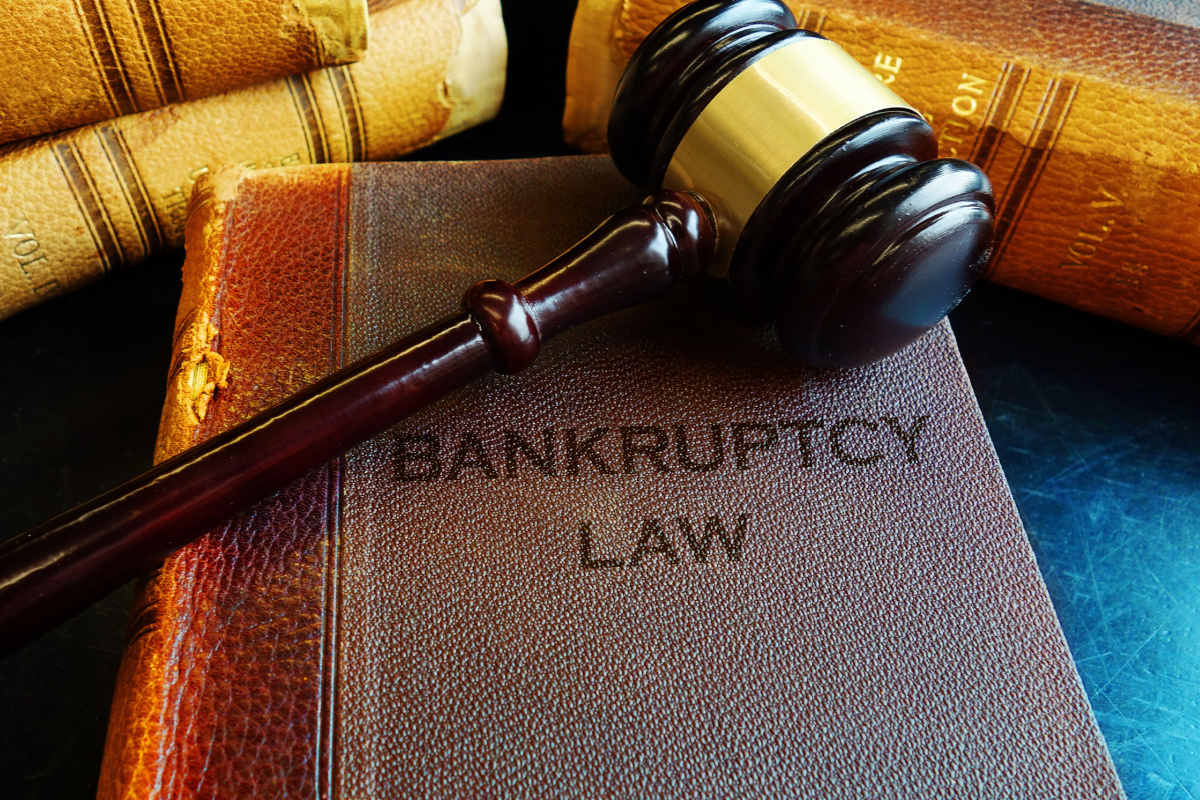
Filing for bankruptcy in Louisiana is a significant decision with many layers to consider. From the immediate relief it offers to the potential long-lasting effects on credit reports, it’s a path filled with both pros and cons. Moreover, Louisiana’s unique laws such as the generous homestead exemption may shape this decision differently for homeowners in the state. The social and emotional impacts also play a role. At the end of the day, understanding these factors can equip anyone facing this decision with the knowledge they need. Making an informed decision is all about balancing the potential advantages against the possible drawbacks, always bearing in mind the specifics of one’s own situation.
If you are needing to file for bankruptcy, call 504-523-6496 or contact our expert team for a free consultation.

